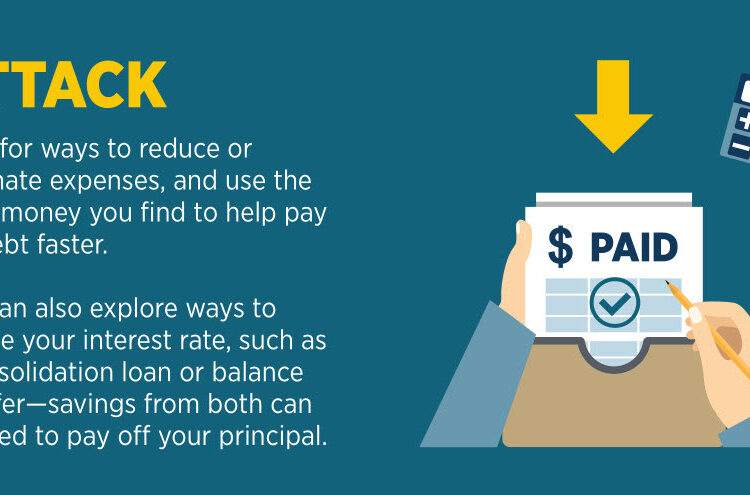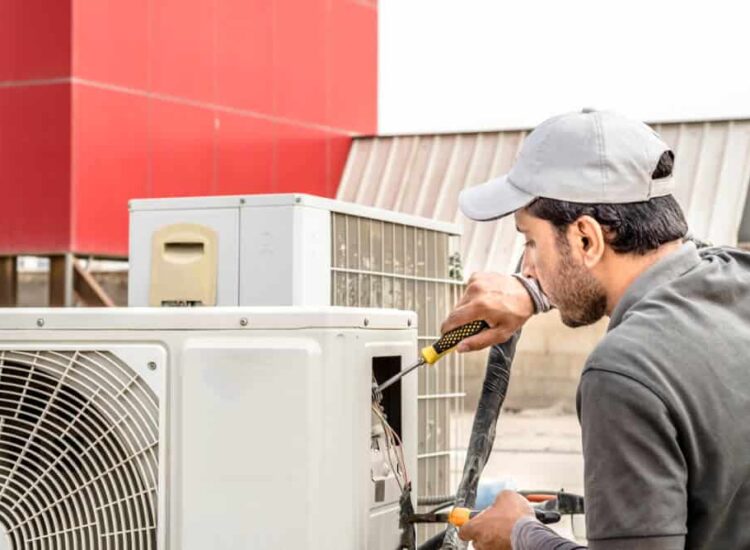With the arrival of summertime comes the inevitable annoyance of mosquitoes. These pesky insects not only cause itchy bites, but can also carry harmful diseases such as malaria and Zika virus. One key step in controlling mosquito populations is targeting their larvae, which live in standing water around our homes.
Toc
Introduction
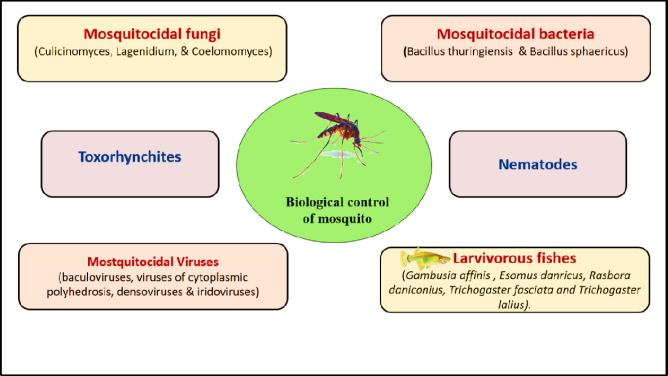
Mosquitoes are more than just a nuisance. They pose significant health risks, spreading diseases like West Nile virus, Zika, and dengue fever. For homeowners, understanding and controlling mosquito larvae is crucial for maintaining a safe and comfortable living environment. This guide will provide you with essential information on mosquito larvae control, from identifying breeding grounds to effective prevention and treatment methods.
Identifying Mosquito Larvae
Mosquito larvae are small, worm-like creatures that live in standing water. They have a distinct appearance with a head and body segment, as well as a siphon for breathing at the end of their body. They can be found in various types of stagnant water including puddles, bird baths, flower pots, and clogged gutters.
To determine if you have mosquito larvae in your surroundings, it is essential to look for signs of movement. The larvae are active swimmers and can often be seen wriggling around in the water.
Breeding Grounds
Mosquitoes require stagnant water to lay their eggs, which hatch into larvae within a few days. They prefer warm and damp environments, making summertime the prime breeding season. Some common breeding grounds for mosquitoes include:
- Bird baths and fountains
- Pools or spas that are not properly maintained
- Containers like buckets, tires, or pet bowls left outside with standing water
- Clogged gutters or drains
- Flower pots or plant saucers that collect rainwater
To effectively control mosquito larvae, it is essential to identify and eliminate these potential breeding grounds around your home.
Health Risks Associated with Mosquito-Borne Diseases
Mosquito-borne diseases represent a significant public health challenge, affecting millions of people worldwide. Among the most concerning are the West Nile virus, Zika virus, and dengue fever, which can lead to serious health complications and, in some cases, be fatal. West Nile virus often results in flu-like symptoms but can lead to severe neurological complications. Zika virus is particularly dangerous for pregnant women, as it can cause birth defects in newborns. Dengue fever, which can escalate to severe dengue, results in high fever, severe headaches, and muscle pain, and may require hospitalization.
Preventing mosquito bites through personal protection measures—such as using insect repellent, wearing long sleeves, and installing window screens—alongside reducing mosquito breeding sites, is crucial to minimizing health risks. By taking these proactive steps, individuals can protect themselves as well as their families from the dangers posed by these insidious insects.
The Life Cycle of Mosquito Larvae
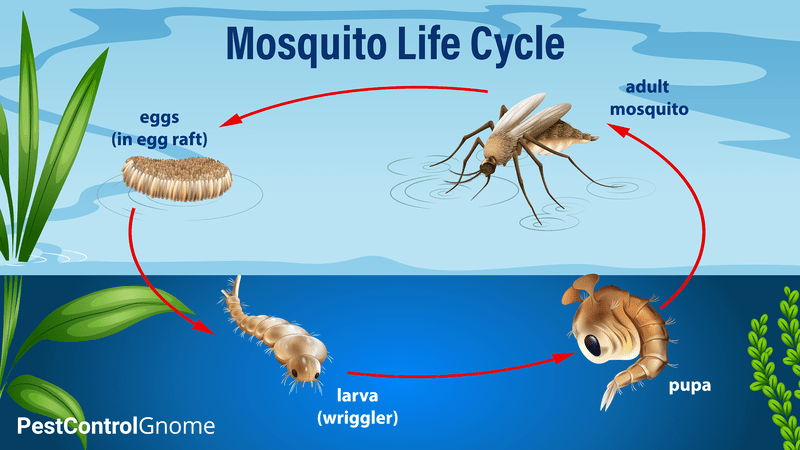
Understanding the life cycle of mosquitoes can help in their control. Female mosquitoes lay their eggs on the surface of standing water, where they remain for 1-3 days before hatching into larvae. The larvae then go through four stages of growth called instars, during which they feed on microorganisms and particles in the water.
From Egg to Adult
To effectively combat mosquitoes, it’s essential to understand their life cycle. Mosquitoes go through four distinct stages:
- Egg – Female mosquitoes lay eggs in or near stagnant water. These eggs can hatch within 48 hours.
- Larva – Also known as “wigglers,” larvae live in water and go through several molts. This stage lasts about a week.
- Pupa – In this stage, called “tumblers,” they do not feed and prepare to become adults. This stage lasts about two days.
- Adult – After emerging from the pupal stage, adult mosquitoes take a short rest on the water’s surface before flying off to feed and reproduce.
Expert Insight: “Understanding the mosquito life cycle is pivotal for control efforts. Targeting the larval stage can significantly reduce adult populations,” says Dr. Jane Smith, an entomologist.
Common Breeding Grounds for Mosquito Larvae
Mosquitoes thrive in stagnant water. Here are common places around your home where mosquito larvae might breed:
- Birdbaths
- Ponds
- Gutters
- Flower pots
- Old tires
- Children’s toys
Regularly inspecting these areas and eliminating stagnant water can drastically reduce mosquito populations.
Prevention and Control Methods for Mosquito Larvae
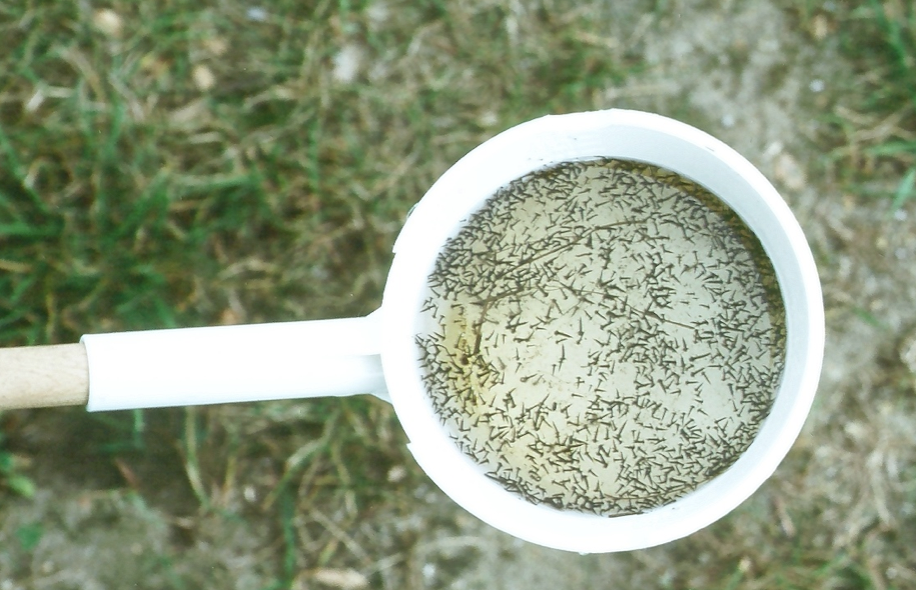
Preventing and controlling mosquito larvae is key in reducing their populations and minimizing the risk of mosquito-borne diseases. Here are some effective methods for preventing and controlling mosquito larvae:
Eliminate Standing Waters
The most effective way to prevent mosquito larvae from thriving is to eliminate all sources of standing water around your home. This includes regularly emptying containers that collect rainwater, such as flower pots, tires, and buckets. Additionally, ensure that bird baths are cleaned and refilled at least once a week to disrupt the mosquito breeding cycle. If you have a pool or spa, maintain proper chemical levels and circulation to prevent stagnation. Remove debris from gutters and drains to ensure proper drainage, and keep children’s toys that could collect water inside or covered.
Use Larvicides
In situations where it’s not feasible to eliminate standing water entirely, consider using larvicides. These chemical agents specifically target mosquito larvae and prevent them from maturing into adults. They can be applied to stagnant water bodies, such as ponds or drainage ditches, and can offer a temporary solution when combined with other control measures. Be sure to follow the application instructions carefully and consider the environmental impact, opting for products that are safe for wildlife and plants.
Encourage Natural Predators
Utilizing natural predators to control mosquito larvae can be an effective and eco-friendly strategy. Introducing fish species like guppies or mosquito fish into ornamental ponds can significantly reduce the number of mosquito larvae, as they feed on them. Birds, bats, and dragonflies also help keep mosquito populations in check, so creating a wildlife-friendly environment with native plants can attract these beneficial species to your yard.
By implementing these prevention and control methods, you can take significant steps to reduce mosquito larvae around your home, thereby minimizing the risk of mosquito-borne diseases and enjoying a more comfortable outdoor experience.
Preventing and Controlling Mosquito Larvae
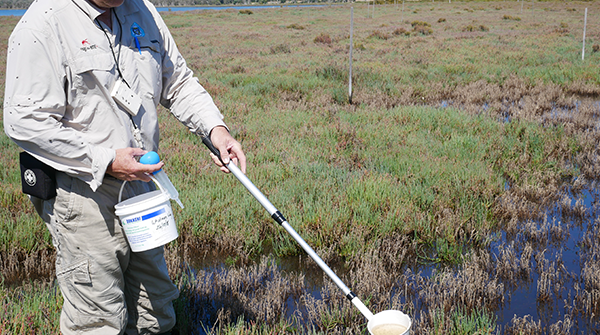
Environmental Modifications
Homeowners can take several steps to eliminate mosquito breeding areas:
Bài viết liên quan:
- https://shopmayanh.vn/chloes-auto-repair-your-trusted-local-vehicle-experts/
- https://shopmayanh.vn/protect-your-home-the-complete-guide-to-termite-and-pest-control/
- https://shopmayanh.vn/unlocking-the-power-of-triple-aaa-a-car-owners-ultimate-guide/
- https://shopmayanh.vn/ac-compressor-replacement-for-homeowners/
- Drain Standing Water – Regularly empty water from containers around your home.
- Maintain Gutters – Clean out gutters to prevent water accumulation.
- Cover Water Storage Containers – Use lids or mesh to cover containers that store water.
- Repair Leaky Pipes and Faucets – Mosquitoes can breed in even small amounts of stagnant water.
Personal Protection Measures
Aside from environmental modifications, individuals can also take personal protection measures to prevent mosquito bites:
- Use Insect Repellent – Apply insect repellent containing at least 20% DEET to exposed skin.
- Wear Protective Clothing – Cover arms and legs with long sleeves and pants, especially during peak mosquito activity.
- Install Window Screens – Use screens on doors and windows to prevent mosquitoes from entering homes.
Chemical Treatments
For more persistent problems, consider using larvicides. These chemicals target mosquito larvae before they can mature into adults. Some effective and safe options include:
- Bacterial Larvicides (e.g., Bacillus thuringiensis israelensis)
- Insect Growth Regulators (e.g., Methoprene)
- Mineral Oils (e.g., Mosquito Dunks)
Always follow the manufacturer’s instructions and consider consulting a pest control professional for advice.
Tips for Effective Mosquito Control
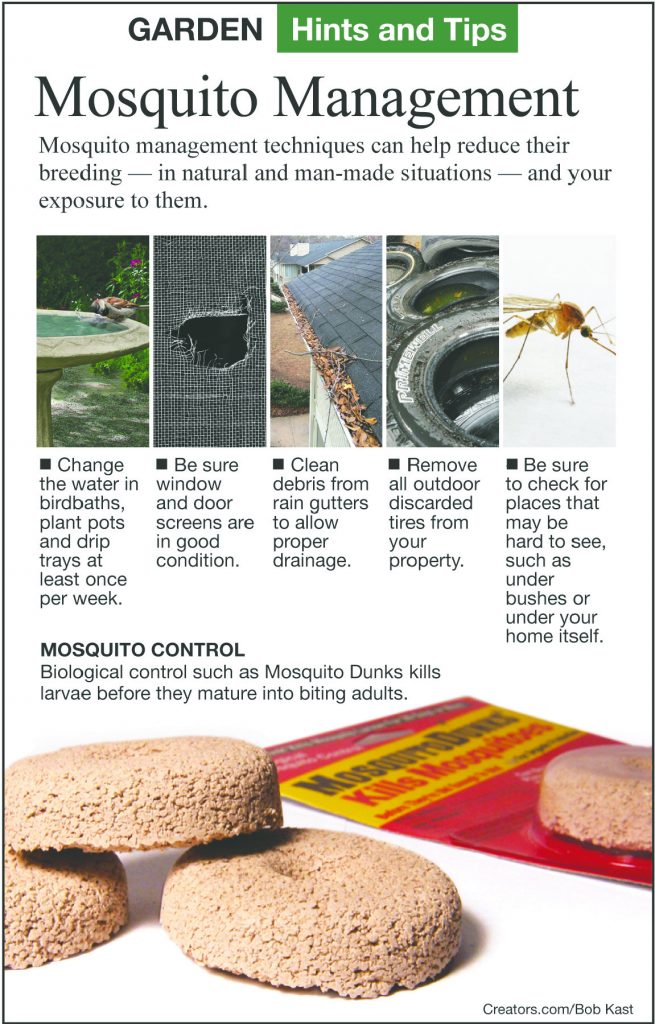
To further enhance your efforts in controlling mosquito populations, consider the following practical tips:
Keep Your Yard Clean
Maintaining a tidy yard is crucial in reducing potential mosquito breeding sites. Regularly mow your lawn to prevent long grasses where mosquitoes can rest and hide. Remove any debris, such as leaves and branches, that can collect water, creating stagnant pools. Additionally, check for and dispose of items such as empty containers or standing water in toys, as these can serve as breeding grounds. Keeping your landscape well-trimmed and tidy will not only enhance the aesthetics of your property but will also contribute significantly to mosquito control efforts.
Monitor Weather Conditions
Weather plays a key role in mosquito activity and breeding. During warm and humid conditions, mosquito populations tend to flourish. After heavy rainfall, take immediate action to inspect your property for any new standing water. Being proactive following weather events can help reduce the risk of an infestation. Consider keeping an eye on local weather forecasts and be prepared to implement your mosquito control strategies more rigorously during peak breeding seasons.
Create a Mosquito Barrier
In addition to eliminating standing water and keeping your yard clean, you can create a mosquito barrier for extra protection. Planting mosquito-repellent plants, such as citronella, marigolds, and lavender, can help deter these pests. These plants not only add beauty to your garden but also emit scents that mosquitoes find off-putting. Installing mosquito netting over patios, porches, and outdoor sitting areas can also provide a physical barrier, allowing you to enjoy the outdoors without the annoyance of mosquitoes.
Choosing the Best Companies for Mosquito Larvae control
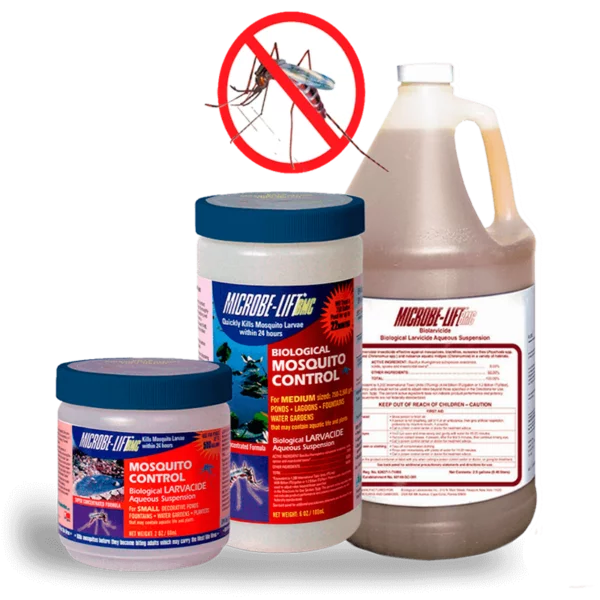
When selecting mosquito control companies, it’s essential to consider several factors to ensure you’re getting the best service for your needs. Start by researching local companies with a proven track record in mosquito management. Look for reviews and testimonials from previous clients to gauge their effectiveness and reliability.
Services Offered
Evaluate the services each company provides, including both larviciding and adult mosquito control options. Some companies may offer targeted treatments for specific areas or comprehensive pest management plans that include follow-up treatments and monitoring. It’s beneficial to choose a service that tailors its approach according to your property’s unique situation.
Certifications and Safety Practices
Ensure that the company employs licensed and trained technicians who are knowledgeable about environmentally safe practices. Reputable companies should adhere to local regulations regarding pesticide use and should be able to explain the safety measures they implement to protect your family, pets, and the surrounding ecosystem.
Consultation and Estimates
Most reputable companies will offer a consultation to assess your yard and provide an estimate for services. Use this opportunity to ask questions about their pest control methods, expected results, and any guarantees they offer. Having a customized plan based on your specific needs will enhance the effectiveness of their treatment and provide peace of mind.
Comparison of Costs
Finally, compare quotes from multiple companies to understand the market rates for mosquito control services in your area. While cost should not be the only factor in your decision, striking a balance between affordability and quality service is essential for effective mosquito management.
By taking the time to select a reputable pest control company, you can significantly enhance your efforts in managing mosquito larvae and reducing the overall mosquito population around your home, ensuring a more enjoyable outdoor experience for you and your family.
Top Mosquito larvae Control Companies
Top Mosquito Larvae Control Companies
When it comes to choosing the best companies for mosquito larvae control, a few options stand out for their quality of service and effectiveness. Here are some of the top-rated mosquito control companies:
1. Mosquito Joe: Mosquito Joe offers a variety of mosquito control solutions that include barrier sprays and treatments for both larvae and adult mosquitoes. They provide a satisfaction guarantee and customizable plans that can fit various budgets and specific needs.
2. Terminix: Known for extensive pest control services, Terminix also specializes in mosquito management. Their trained technicians assess your property for potential breeding sites and offer targeted solutions, including larvicides and adult sprays.
3. Orkin: Orkin is a well-established name in pest control, with a comprehensive mosquito management plan that includes identifying and eliminating breeding grounds. They utilize advanced techniques and safe products to mitigate insect populations effectively.
4. Petri Pest Control: This company focuses on environmentally friendly pest control methods, prioritizing the safety of people and pets. Petri Pest Control implements integrated pest management strategies to address mosquito issues naturally while controlling larvae populations.
5. EcoSMART: EcoSMART is noted for its organic approach to pest control. Their products are safe for use around children and pets, making them an attractive option for families concerned about chemical exposure while still seeking effective mosquito management.
Conclusion
Mosquito larvae control is a crucial aspect of overall mosquito management. By eliminating breeding grounds, creating barriers, and enlisting the help of professional pest control services, you can significantly reduce the number of mosquitoes around your property. Remember to stay vigilant and proactive in monitoring weather conditions and implementing preventative measures to ensure a comfortable outdoor experience for you and your loved ones. So, whether it’s through DIY efforts or hiring professionals, taking steps to control mosquito larvae can make a significant difference in reducing their population and ultimately, keeping your surroundings safe from these pesky pests.



